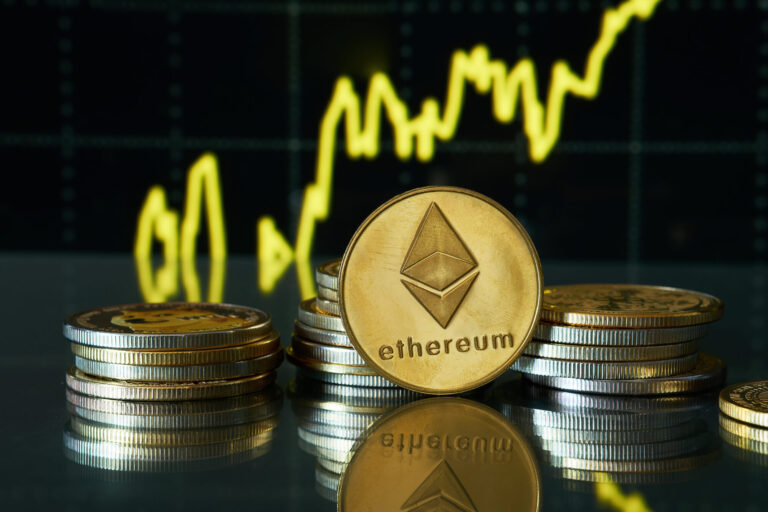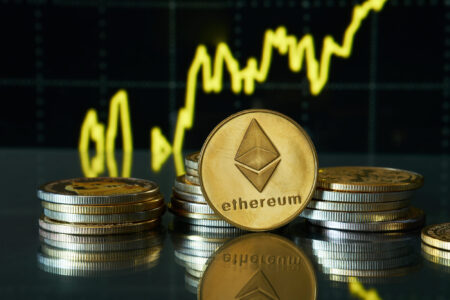Wash trading refers to a form of market manipulation in which an actor buys and sells the same asset simultaneously to artificially inflate trading volume and activity. The goal is to mislead the market about real demand and create a distorted picture of liquidity or price development.
In wash trading, assets appear to change ownership on paper but not economically. The transactions are coordinated or executed by the same party. This creates the impression of high demand or liquidity, even though no real trading takes place. In the crypto market, wash trading is frequently used to make tokens appear more attractive or to manipulate rankings.
How it works and where it is used
Wash trading relies on a trader or a connected group repeatedly moving the same asset between their own accounts. Although it looks like legitimate trading from the outside, no economic position is actually altered. The practice has been banned in regulated markets such as the United States since the 1930s because it distorts market prices and misleads investors.
In the crypto sector, wash trading is widespread because many exchanges are less strictly regulated. Industry analyses – including reports from Chainalysis and Forbes – show that on smaller exchanges, more than 50% of reported trading volumes may stem from wash trading. NFT marketplaces have also been affected: in 2022, the platform LooksRare made headlines when users generated tens of millions in volume through wash trades to farm reward tokens and make prices appear artificially high.
Motivation and impact
Wash trading is often used to make an asset appear more popular than it truly is. Higher “fake volume” can influence token rankings, price charts, exchange listings, or social media narratives. Projects use these methods to fake liquidity, attract investors, or manipulate market value.
The consequences are significant: investors make decisions based on distorted data. Liquidity appears higher than it actually is, and prices can be driven to unnatural heights before collapsing abruptly. Regulators such as the SEC, CFTC, and European supervisory authorities are increasingly cracking down on wash trading – especially in connection with NFTs, meme coins, or smaller exchanges lacking proper oversight.













